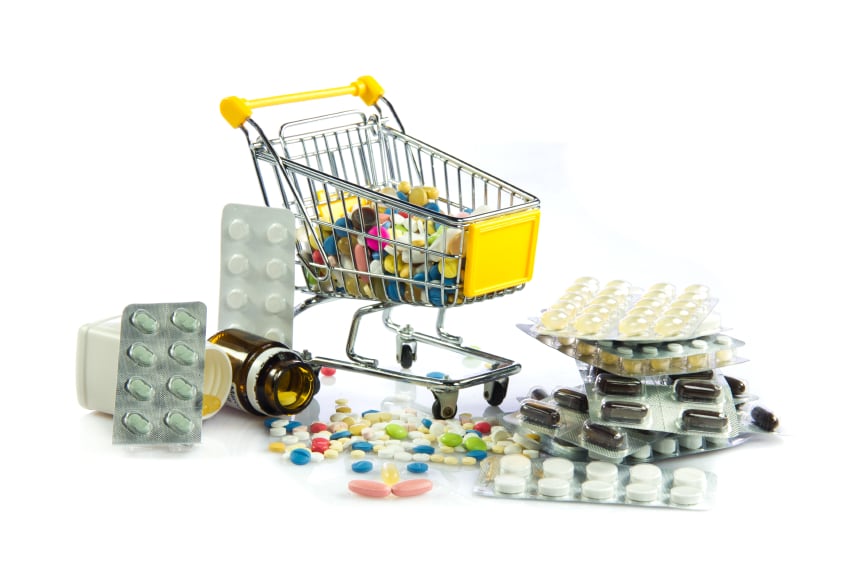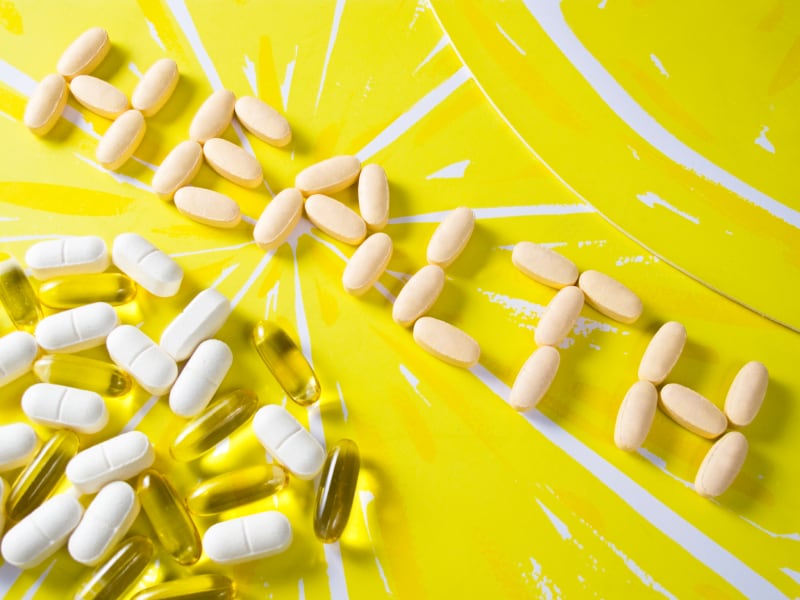Pencilled in for January 2020, the updated rules look to tighten up national regulations concerning the addition of "other substances" to foods as well as supplements.
These include substances that have a purity of at least 50% or are concentrated 40 times or more and not normally consumed as a foodstuff by itself or used as a food ingredient.
For “other substances,” the Norwegian Food Safety Authority reserve the right to impose additional regulations that prohibit or restrict the addition of the substances for food, including supplements.
These other substances that may be added to food and supplements include beta-alanine, where the rules now recommend a daily dose of two grams (g) divided into maximum doses of 350 milligrams (mg) throughout the day with interval doses of at least two hours apart.
Omega-3 orders
Docosahexaenoic Acid (DHA) and Eicosapentaenoic Acid (EPA), the two main omega-3 fatty acids, are assigned a recommended daily dose 1.3g and 1.8g respectively with a combined recommendation of 5g per daily dose.
Other substances include turmeric (210mg per recommended daily dose), taurine (1g) and caffeine (300 mg per recommended daily dose divided into at least 3 doses).
The recommendations extend to other substances added to sports-nutrition related foodstuffs such as carbohydrate-electrolyte drinks, which are permitted a caffeine level of 10mg/100 milligrams (ml) from all sources.
Caffeine may also be included upto a maximal dose of 200 mg/100 g from all sources for gels marketed in single portion packs. For taurine-containing gels this amount increases to 500mg/100g.
In a similar vein, energy bars are permitted to contain caffeine levels not exceeding 100mg/100g from all sources.
Application details
The regulation also details the information required in order to submit an application to the Norwegian Food Safety Authority.
Along with the applicant’s details, the rules now ask for product name, form (capsules, tablets, etc.), name of the substance(s), added amount (excluding natural content) of the substance(s), and recommended daily dose.
Further details include the ingredient list of the product and information on the name of the categories of nutrients or other substances with nutritional or physiological effect.
Other requirements include the substance’s chemical name, structural formula, molecular mass and CAS number of the substance (s) to which a message or application is sent.
The application also requires toxicological studies and assessments of the substance (s) as well as the assessor's or applicant's assessment of why these studies and assessments are relevant.




